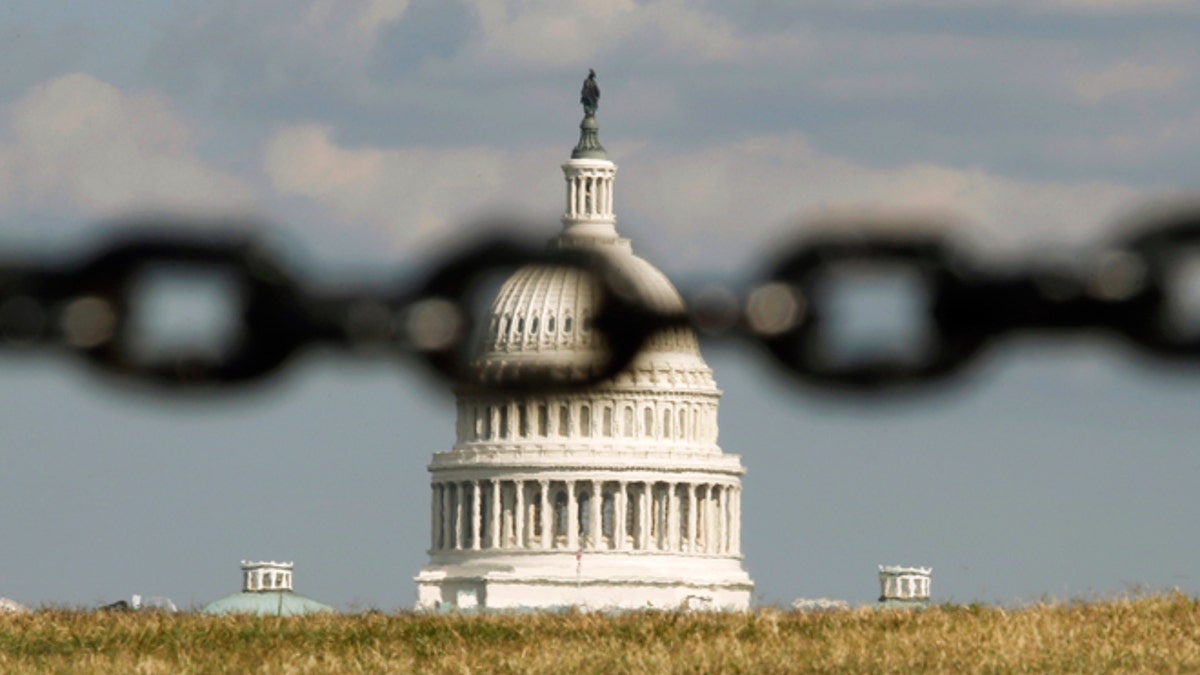
(Reuters)
I will never forget the mom who approached me at a congressional field hearing on education in Cleveland years ago.
“Mr. Congressman, I need your help,” she said. “Five years ago I wanted to enroll my son in a different school because the school he was assigned to was terrible. School officials told me, ‘don’t worry, we have a five-year plan to fix the school.’ Congressman, it’s now five years later, the school is worse than it ever was, and I still can’t enroll my son in another school. Now all I hear is, ‘We have a new five-year plan.’ Mr. Congressman, if I can’t get my son into a school that works I will lose my son."
I went numb. There was nothing I could do. Nothing she could do.
[pullquote]
I often think of that mom and her son. She had no immediate recourse for holding a failed government school accountable.
Much of the public similarly believes that "government accountability” is an oxymoron, that it just doesn’t exist.
They see the long lines at TSA checkpoints, ObamaCare websites that don’t work, and economic policies that drive up unemployment. There is no simple process for citizens to demand better service from their government.
Contrast that with the free market, where consumers have a say.
Millions of Target’s shoppers are holding the retail giant accountable for its massive data breach. They're shopping elsewhere. Target competes daily with other big box stores on price, quality, and service, and they know that their customers have a choice.
Consumers hold auto dealers accountable for bad experiences by choosing to shop elsewhere.
Restaurants know that unhappy customers have choices.
Choices abound in the free market. Choice creates real and immediate accountability.
It is why government’s “customers” are so palpably exasperated with the government monopoly on so many products and services that impact our lives. They often have nowhere else to turn.
Any customer of government – whether it’s with education, taxes, housing, or health care – understands the frustrations when they have a bad experience. They're stuck and can't go anywhere else.
They also see that government does not hold itself accountable. Unacceptable performance is tolerated indefinitely. Nobody loses their job over such failures as ObamaCare websites, Benghazi, the IRS targeting certain groups for extra scrutiny, or the Justice Department spying on reporters.
Citizens have only have one recourse: voting elected officials out of office. It is extremely difficult to hold lawmakers accountable – especially in the House with tightly drawn congressional districts designed to benefit incumbents – and elections are held on a predetermined schedule once every two (House members), four (presidents) and six (senators) years.
It is not immediate or easy, but voters ultimately do have the final say.
Short of success at the ballot box here is a simple blueprint for implementing better accountability in government.
First, whenever possible, products and services should be delivered in free market environments and not by government. Consumer accountability drives quality and efficiency.
Second, where it is unavoidable that government provides goods and services such as with schools and public transportation, private sector competition to government delivery systems should be facilitated.
Health care reform is probably the best and most recent example of where less government rather than more government would have resulted in the best possible outcome.
Finally, when there are no alternatives to government-driven products and services, strong leadership at government’s highest levels should demand that “the public – our customer – will be served. Any failure to meet that standard, or failure to meet the highest ethical and criminal standards, will result in heads rolling.”
I want to be able to tell that mom in Cleveland, and other government customers around America, “Government is in the business of customer service, and you have the tools to hold it accountable."
